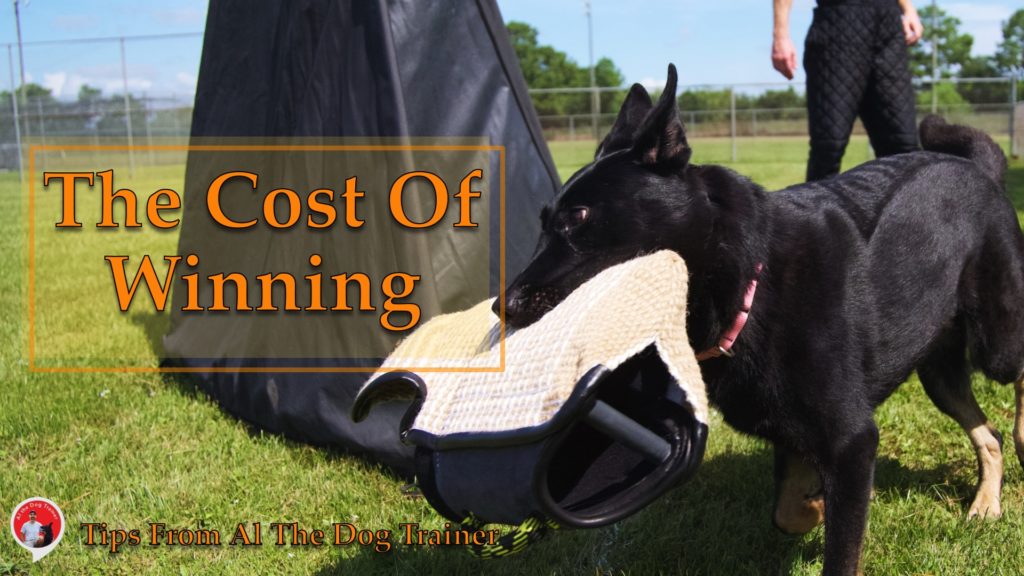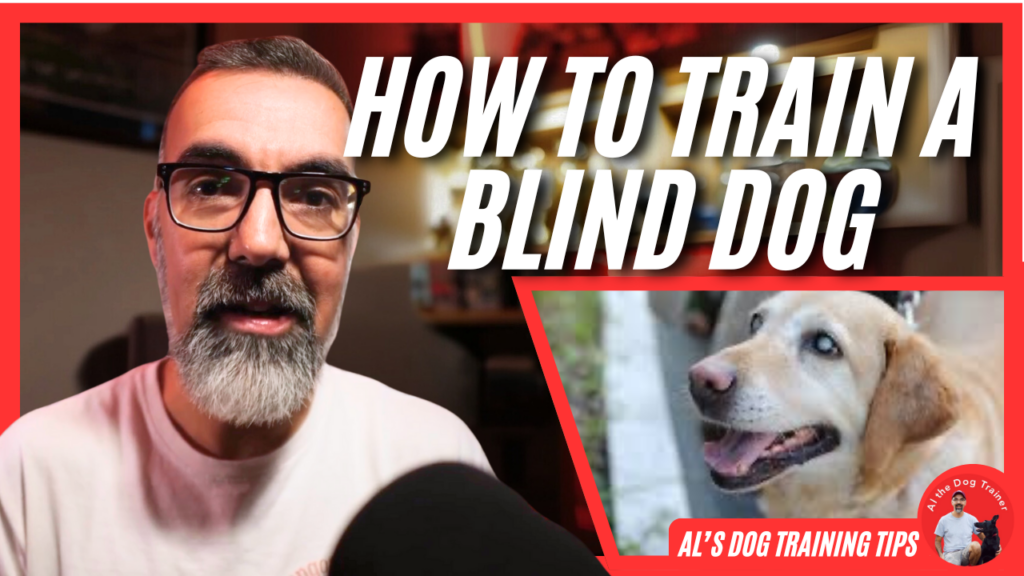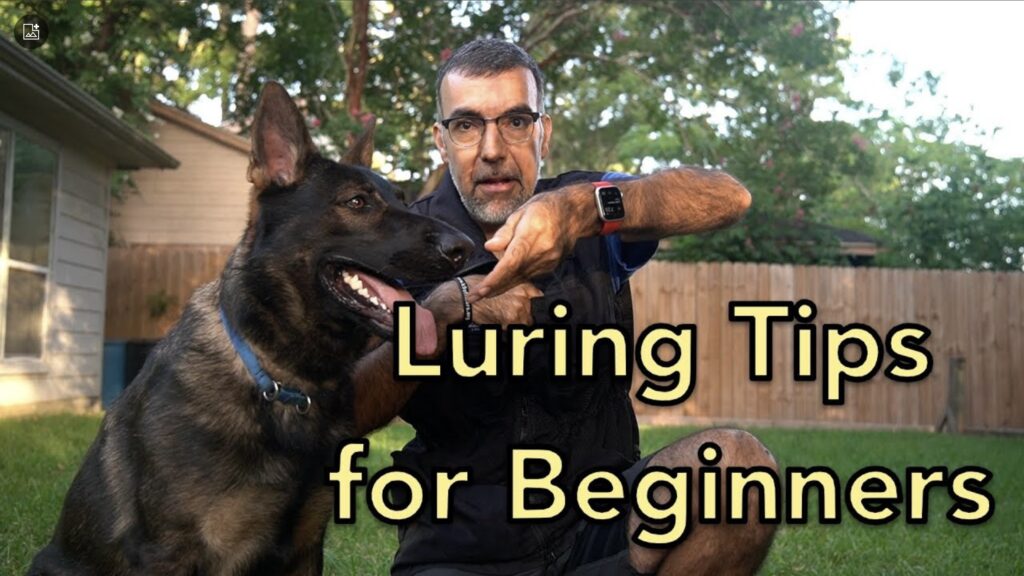
So winning is a good thing. Well, I think it is. But you’ve probably heard the saying it’s not about if you win or lose; it’s about how you play the game. Well, what does that even mean? I will try to delve into what that means, but I believe that winning is a good thing. Let’s talk about the cost of winning.
When Winning Becomes A Problem
So over the weekend, I noticed some situations where winning was becoming a little bit of a problem. Let me explain what I’m talking about. In the first scenario, one of my clients has a dog that runs away whenever it gets something in its mouth. You’re probably familiar with this. So if the dog gets something in his mouth, the dog was beginning to growl to prevent them from getting the item.
Now, fortunately, the dog had not snapped or bitten anyone yet. I decided to ask my client, “how often are you playing with your dog?” With which he responded that he plays with his dog every day. Then I asked my client to show me how he plays with this dog. What I noticed in the play is that my client was winning way more than the dog was. This was part of the reason why the dog was struggling with giving up items.
Competitive Games
So I coached my client through playing a game where he was losing more to his dog to get the winning percentage back up in his dog’s favor. Now, I’m not suggesting to get the balance overly high, but I do want it to be somewhat competitive. As he started to play, you could see that the dog was really enjoying the game. Actually, when the dog would have an item in its mouth, it began to give that back up to my client freely.
In another situation. I have a dear friend who has a two-year-old dog who is being worked in bite sports. Before we brought the dog out to do some protection work, we discussed some of the problems that they were experiencing. It turns out that the dog wasn’t really enjoying protection work anymore. At one point, he really was. So I instructed my client and friend to allow the dog to have a great time today. To show the dog that he was mighty and could run off the human anytime they were in the middle of the game.
So as I begin to watch them play, I could see the dog’s nerves begin to calm down because he didn’t have to be so defensive. He could actually win and defeat a much bigger foe, if you will.
So if you’re actually getting possession of the object, or you’re dominating the dog, or you’re taking the item away from them. This is actually a high percentage of winning. That is not good. It’s not good to win at a high percentage concerning your dog. Now, what’s a good winning percentage, ideally? It’s 51% for you, 49% for the dog. That means that it’s very competitive and you’re only slightly better. But it’s great for the dog to be able to play with you.
This is an important thing to do for each of you who has somewhat of a possessive dog. Have your dog play competitively with you. Win some, and let your dog win some. If you have problems, begin to allow your dog to win more. When they win, really show them that you’re very proud of them. That they’ve actually won the match or round and that there’s more where that came from.
I hope this was helpful. Remember, you can always go to my YouTube Channel to find more tips like this or right here on my website at www.longoriahausdogtraining.com.
Happy Training!





